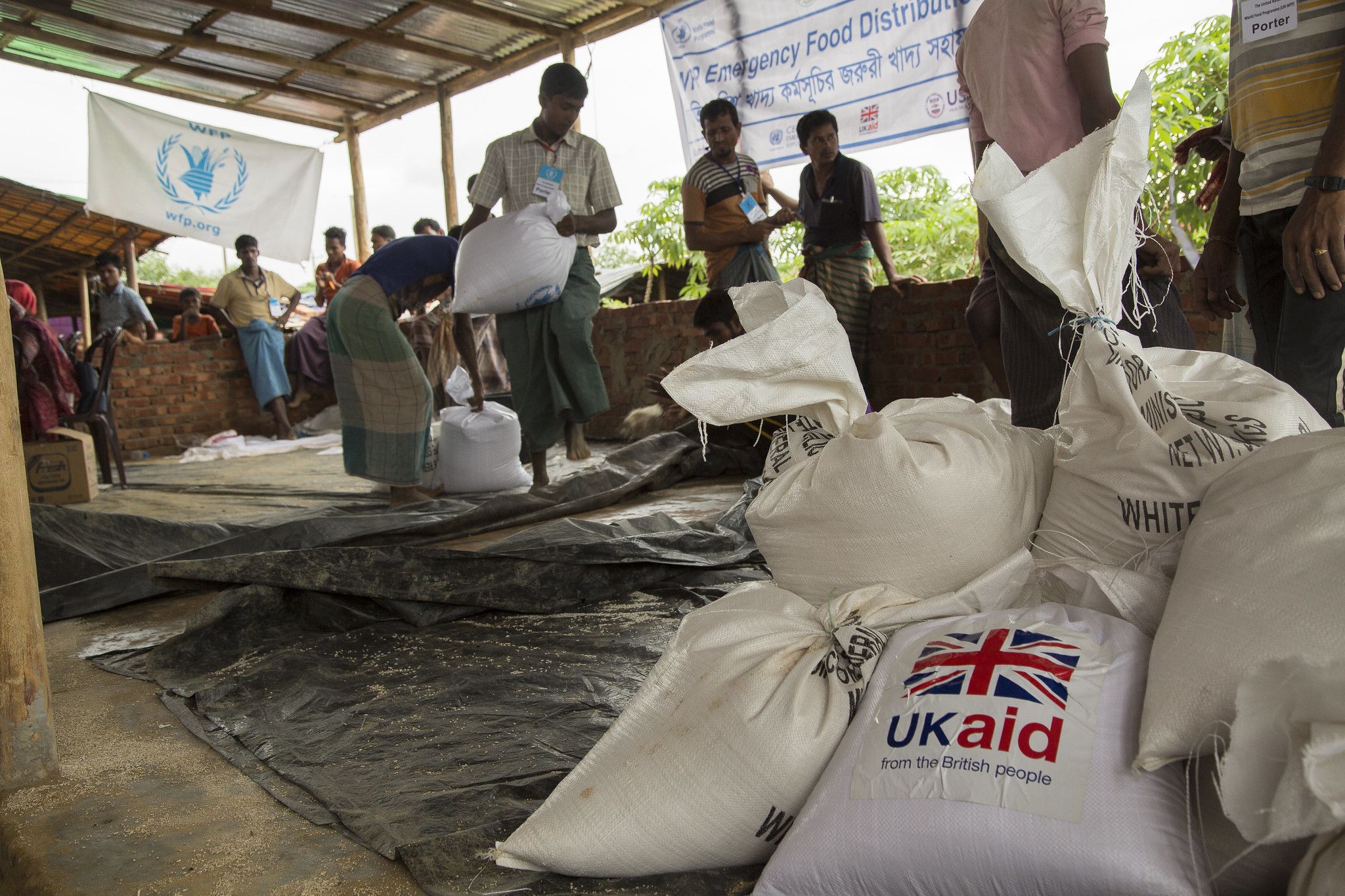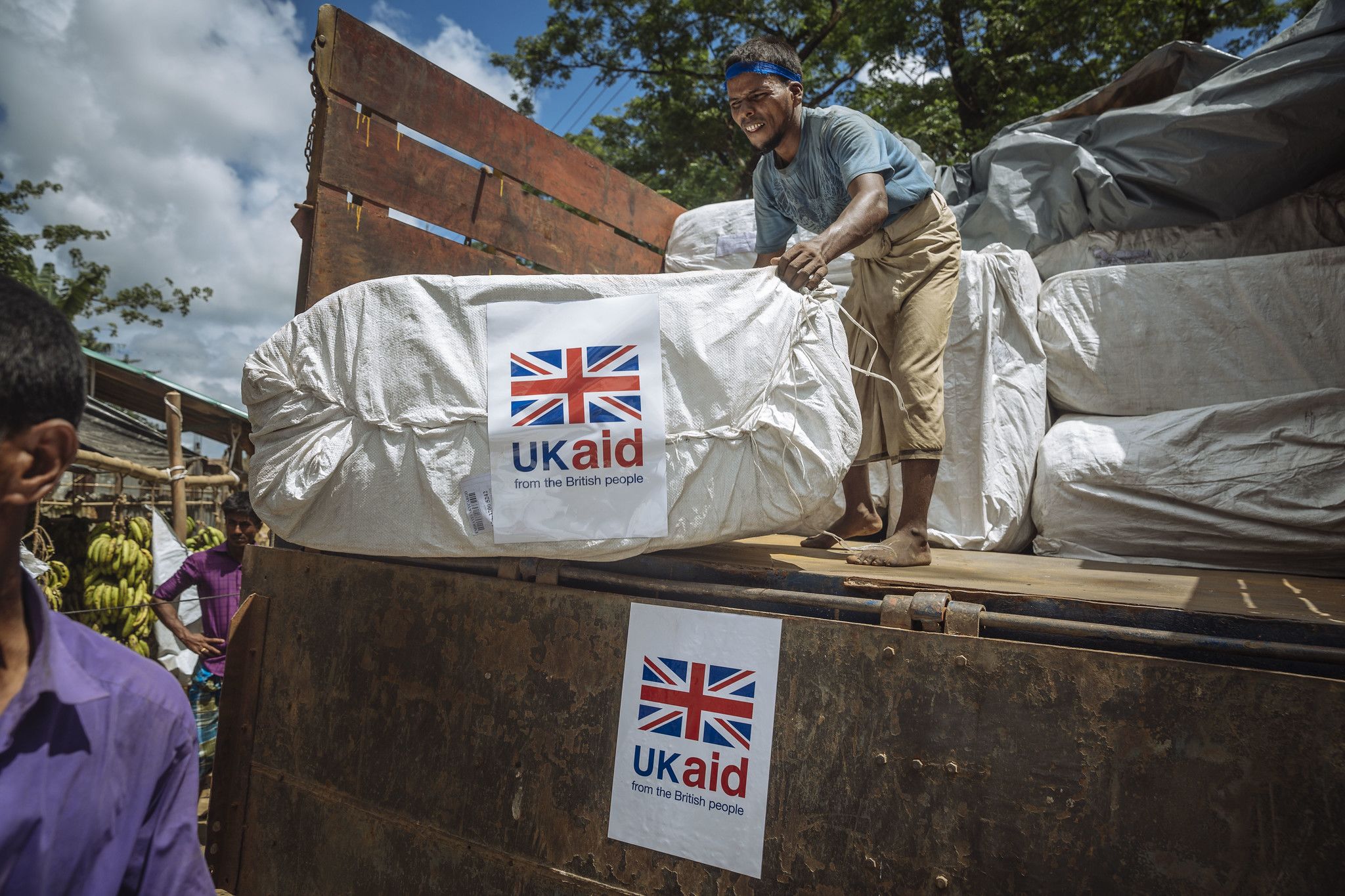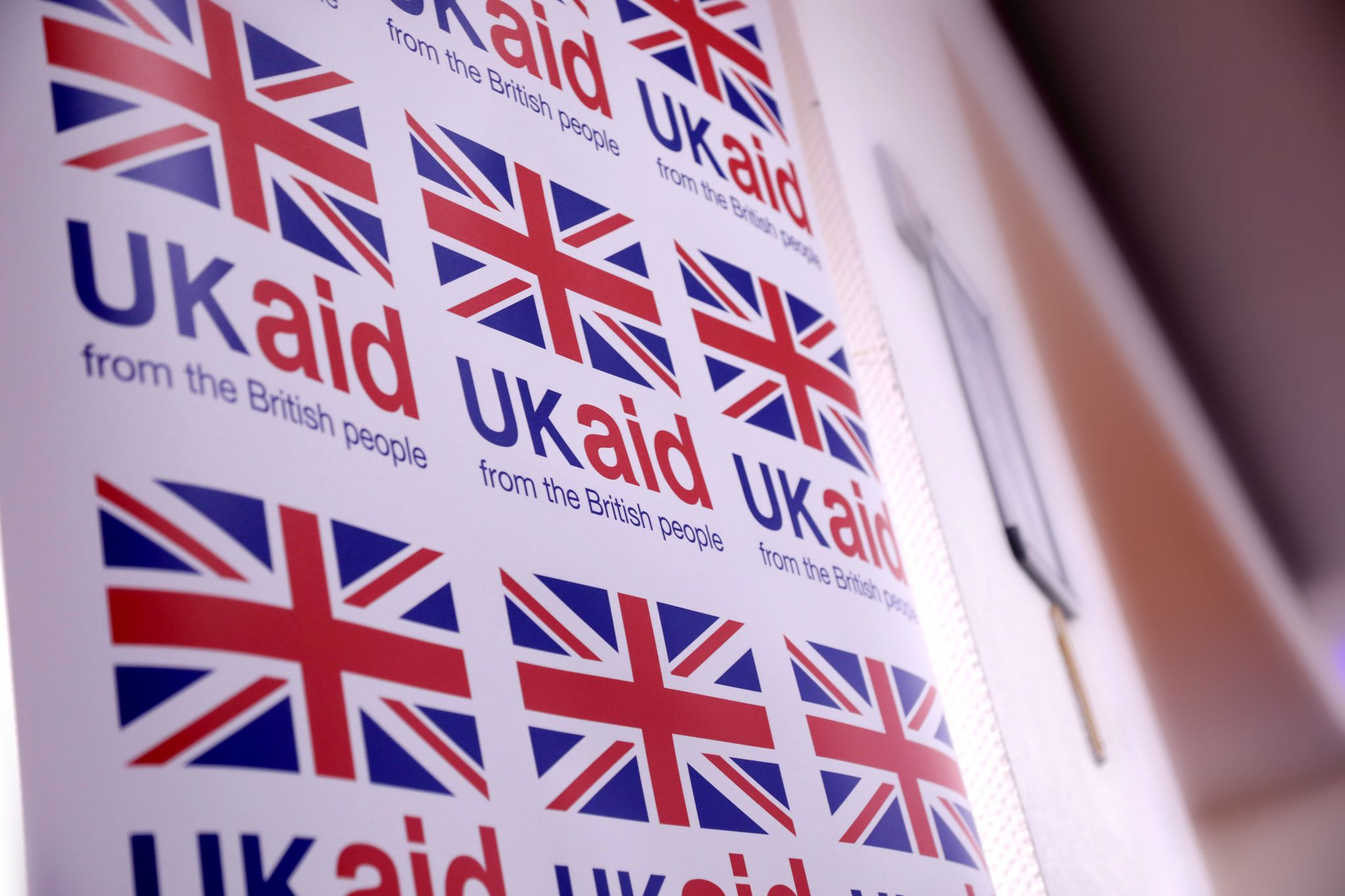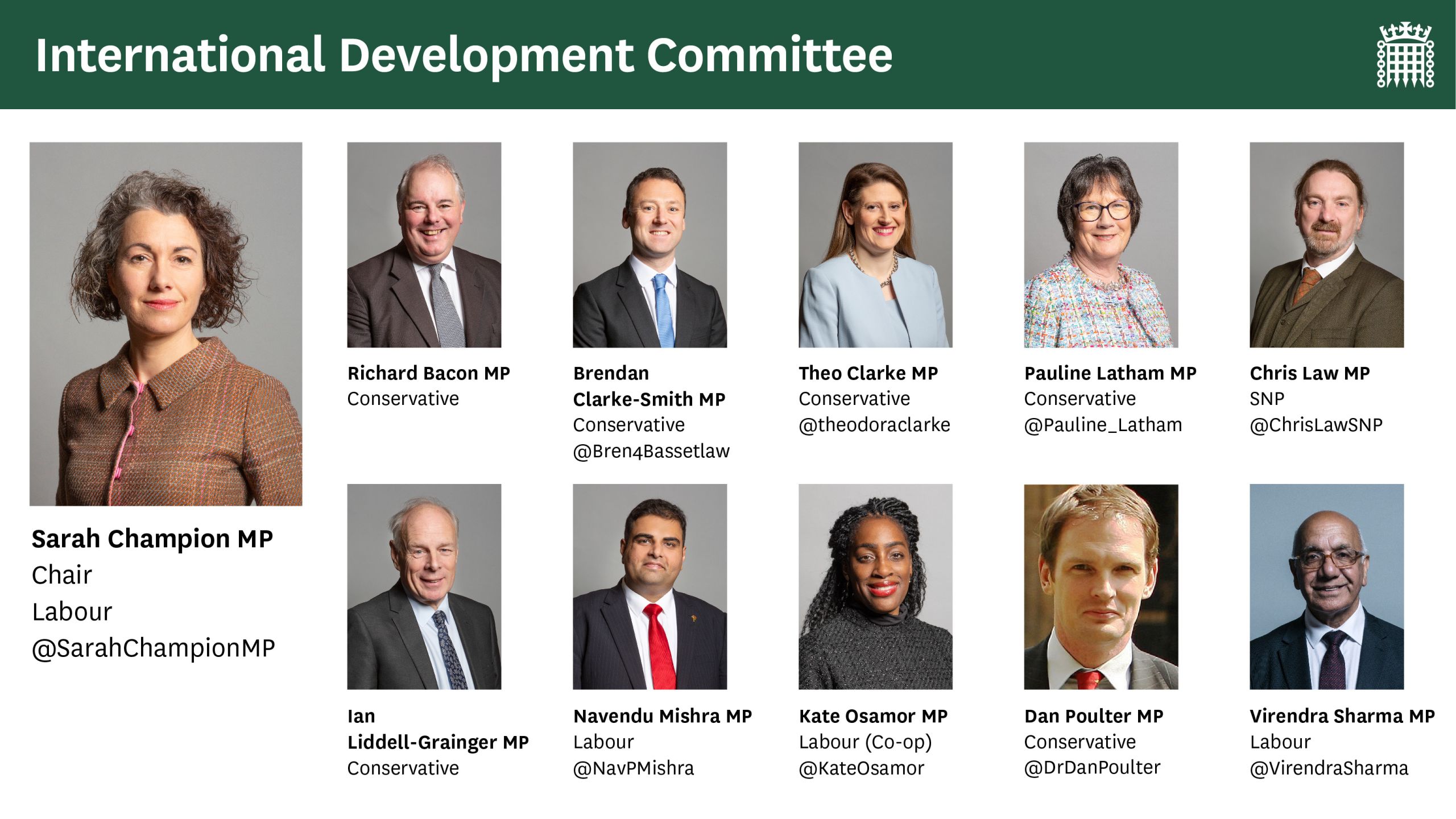Effectiveness of UK aid
The decision to merge DFID into the FCO could reduce the UK's influence on the world stage.

This report follows on from our interim findings, published on 9 June, in which we advocated strongly for the retention of a standalone Department for International Development with a cabinet-level Secretary of State.
In March 2020, we launched an inquiry into the effectiveness of UK aid, in which we set out to assess how UK aid is spent, and whether that spending is sufficiently transparent, accountable and impactful. The inquiry aimed to contribute to the Government's Integrated Review of Security, Defence, Development and Foreign Policy.
Since then, the development landscape has changed radically.
- The COVID-19 pandemic has hit developed and developing countries alike, exhausting healthcare systems, chilling the world economy, squeezing aid budgets, while potentially wiping out decades of hard-won development gains across the global south.
- On 16 June 2020, the Prime Minister announced the merger of the Department for International Development (DFID) into the Foreign and Commonwealth Office (FCO) to create a new ministry, the Foreign, Commonwealth and Development Office (FCDO). The merger, which is intended to be completed by September, aims to establish a full integration of the two departments, with the new department, led by the Foreign Secretary, taking responsibility for around 80% of the £15.2 billion UK aid budget.
The DFID-FCO merger could create long- and short-term problems

The Government’s decision to fold DFID into the FCO, which was taken without consulting the development sector and before the Integrated Review of international policy had concluded, is flawed.
While merging departments may seem attractive in the short-term, with improved policy coherence and possible administrative savings, they can be extremely costly and disruptive and impair organisational effectiveness. In the long run, the creation of the FCDO could reduce the UK's influence on the world stage.
- Amid projections of a sharp contraction in the UK economy from the pandemic, and warnings that the Government is looking for in-year savings from the UK aid budget amounting to billions of pounds, now is not the time for a major government restructure.
- In his statement on 16 June, the Prime Minister suggested the UK would draw upon the experiences of Australia and Canada in merging their foreign affairs and development agencies to ensure this merger is as successful as possible. In his analysis of the Australian merger, former AusAID Deputy Director General Richard Moore estimates that "up to 2000 years of expertise in total may have been lost".
We restate the recommendation made in our interim report that the Government should present a statement to Parliament setting out an evidence-led rationale for any change, quantifying expected costs and how intended benefits justify the costs, and showing how both will be measured and controlled.
How can the Government maintain an effective and targeted UK aid policy?

UK aid spending amplifies the UK's voice on the world stage, promoting our national interest by projecting our core values and transforming the lives of people living in the very poorest countries.
A potential shift of the UK's Official Development Assistance (ODA) budget away from helping the very poorest people would be counterproductive and inaction on tackling poverty will compromise other parts of the UK’s international policy.
- To ensure that UK aid is as effective as possible, poverty reduction should continue to form a central part of the Government's international policy, with UK aid focused upon the very poorest and most vulnerable people in the poorest countries.
- The Government should frame this commitment to poverty reduction with firm strategic commitments in the conclusions of its Integrated Review. It should underpin these commitments by continuing adherence to both the letter and spirit of domestic development legislation, including the OECD DAC definition of Official Development Assistance (ODA), the 0.7% target, poverty alleviation, gender equality, transparency and independent evaluation of impact.
The FCDO will inherit a substantial number of long-term development programmes from DFID. Development rarely happens on a linear path and achieving true change in tackling poverty can take years.
Maintaining these commitments is important both for recipient communities to realise the benefits of these programmes, but also for UK taxpayers to see value for money from aid spending.
The Government must ensure there is thorough parliamentary scrutiny of UK aid spending

The creation of the new Foreign, Commonwealth and Development Office raises concerns about future scrutiny arrangements.
Given the size and complexity of the UK aid budget, thorough parliamentary scrutiny of UK aid spending is essential. This is best performed by a dedicated select committee which can take a holistic overview of UK ODA, ensuring that aid is spent strategically and transparently on high-quality interventions.
- We recommend that the House of Commons creates an Official Development Assistance Select Committee tasked with the scrutiny of the totality of UK aid spending and echoing the Independent Commission for Aid Impact's remit.
- We also recommend that the Government retains the Independent Commission for Aid Impact in its current form to provide thorough, independent scrutiny of the UK's aid budget.

The Government must now respond to our report
Our report 'Effectiveness of UK aid: potential impact of FCO/DFID merger' was published on 17th July 2020.
Detailed information from our inquiry can be found on our website.
If you’re interested in our work, you can find out more on the House of Commons International Development Committee website. You can also follow our work on Twitter.
The International Development Committee (IDC) scrutinises the spending, administration and policies of the Department for International Development (DFID). It also monitors the expenditure of Official Development Assistance (ODA) by other UK government departments.
Title image source: Department for International Development

